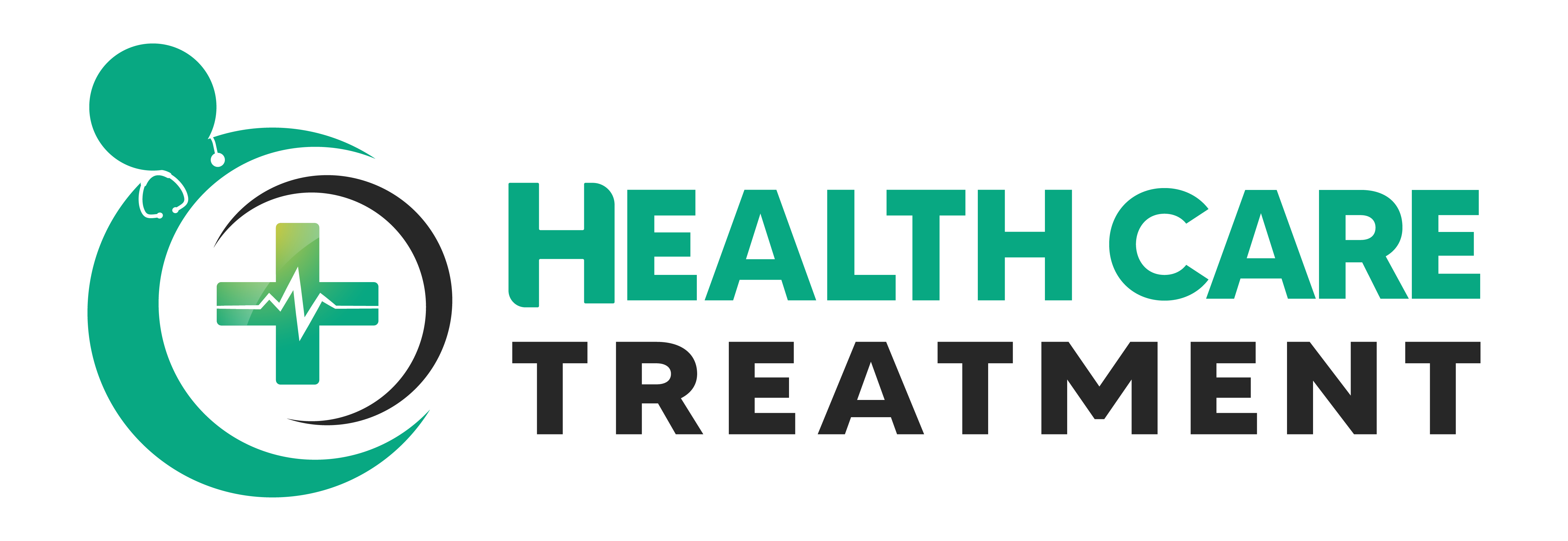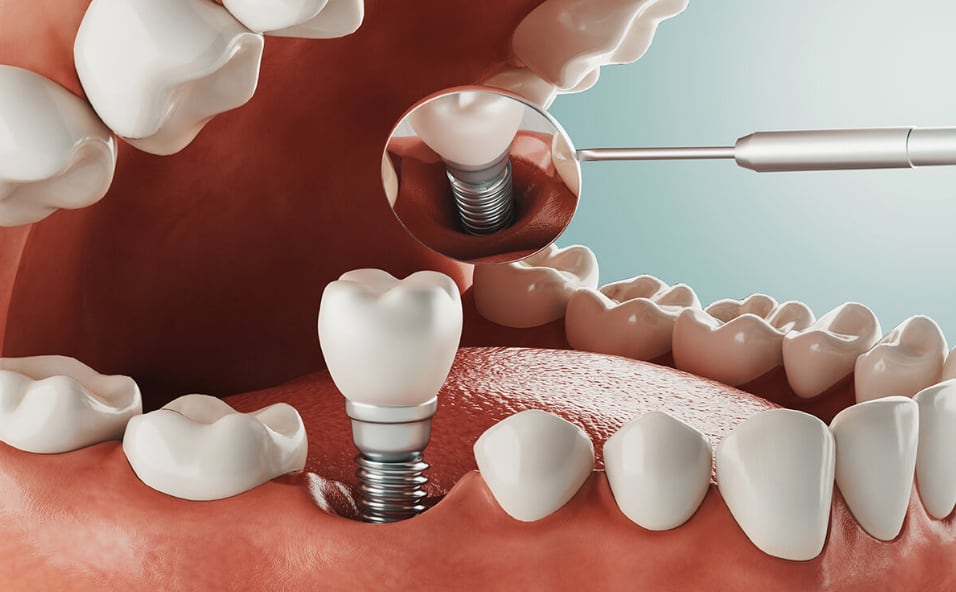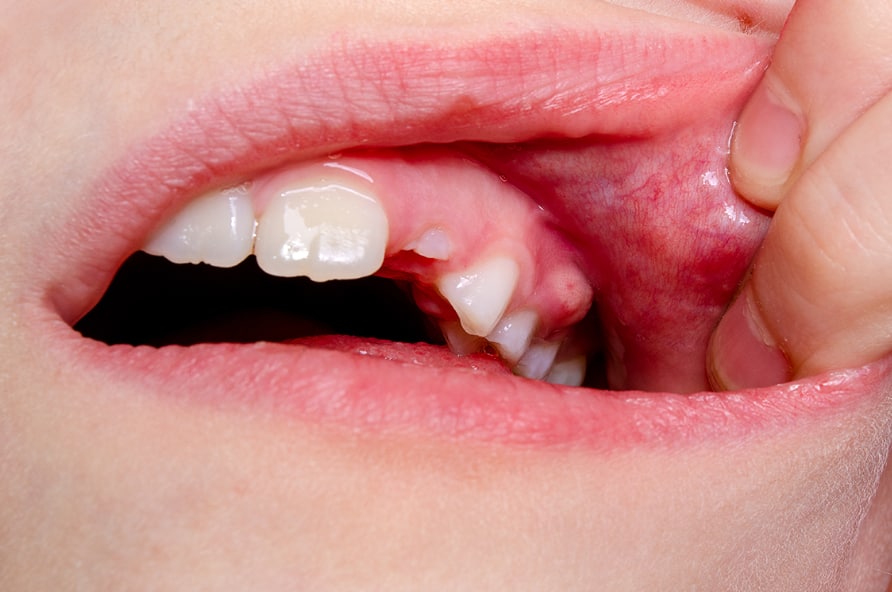Dental implants are artificial tooth roots that are implanted into the jawbone, allowing you to anchor crowns and bridges to the implant. They’re durable and long-lasting but can become infected if bacteria get inside. Dental implant infection is rare, but it can happen if you don’t take proper care of your mouth.
What is Dental Implant Infection?
Dental infection occurs when bacteria enters your mouth and attaches itself to the implant, causing an infection. This can lead to drainage from the nose and gums, swelling, pain and other symptoms.
The most common cause of dental implant infection symptoms & signs are poor oral hygiene, but in some cases, there may be an underlying problem like a dental procedure gone wrong or hormonal changes such as pregnancy or menopause.
What Causes a Dental Implant Infection?
Dental implants can sometimes become infected. This is because they are placed into the jawbone, which is where bacteria live. The implant itself has many tiny holes that allow for blood flow, so the body can heal around them. This makes it easier for bacteria to enter the bone and cause an infection.
The most common cause of a dental implant infection is poor oral hygiene. This can include not brushing your teeth every day or not flossing your teeth on a regular basis. If you have any kind of medical condition that affects your immune system, then it will be much more likely for you to get an infection in your mouth.
There are several causes of dental implant infection symptoms, including:
- Poor oral hygiene – Poor oral hygiene can lead to the accumulation of plaque and tartar on the teeth. If this plaque remains untreated for a long time, it can cause inflammation and damage to the gums and bone. This leads to bone loss around the implant surface, resulting in an increased risk of implant infection.
- Inadequate post-operative instructions – Inadequate post-operative instructions are also one of the reasons for dental implant infection. A patient should follow all instructions given by his/her dentist or surgeon religiously after tooth extraction or implant placement in order to prevent any kind of complications and infections from occurring.
- Lack of regular checkups – If a patient does not visit his/her dentist regularly, he/she will not be aware if there is any problem with his/her teeth or gums that need immediate attention. This may result in an increased risk for dental implant infection due to a lack of proper care and treatment at an early stage.
- Infection at the time of surgery – Infection can cause additional bleeding and swelling around the area where an implant will be placed. This can lead to discomfort for several weeks following your procedure and may increase your risk of developing an infection later on down the road.
- Infection elsewhere in the body – People who have diabetes or cancer often develop an infection in another part of their body that then spreads to their mouth. This is known as a hematogenous spread.
- Other dental procedures – Dental procedures such as wisdom teeth removal or gum surgery may leave an opening in your mouth that allows bacteria to enter through blood vessels. Dentures can also cause problems if they’re not properly fitted or cleaned regularly.
- Injury to nearby structures – (such as nerves) during placement or healing process. This can cause pain, numbness, tingling, or weakness in your face and jaw area, but it’s unlikely that damage is permanent unless it goes untreated for a long time.
- Non-sterilized equipment – Dental professionals must follow strict sterilization procedures when working on patients who have had dental implants placed in their mouths, but if these procedures aren’t followed correctly, bacteria could get into the wound area and cause an infection.
- Dry mouth – A lack of saliva in your mouth can make it difficult for you to remove plaque and food particles that can cause irritation and inflammation around the implant site.
- Infection at another site – If you have an existing infection somewhere else in your body, such as your bladder or lungs, this could affect your immune system and increase the risk of developing an infection at the implant site.
- Bacteria present in dentures – It is important that dentures are cleaned thoroughly after each use so that bacteria don’t build up on them over time.
- If you have gum disease – it will increase your risk of developing dental implant infection. This condition occurs when bacteria infect the soft tissue that surrounds your teeth and gums. It causes swelling and tenderness in the affected area as well as bleeding while brushing or flossing.
- Pain In Your Jawbone Or Mouth: If you feel pain when chewing or biting, this could mean that something is wrong with your implant or surrounding area. This can also be caused by other issues like a broken tooth or gum disease, but it could also mean an infection in the jawbone or mouth area near one of your implants.
How Do You Know If Your Dental Implant Is Infected?
If you suspect your dental implant has become infected, you should first schedule an appointment with your dentist in Greensboro NC. Call them immediately if you are experiencing any of the following Dental Implant Infection symptoms:
- Pain, tenderness, or swelling around the implant site
- Redness of the gums or surrounding tissue
- Fever or chills
- Redness, warmth, or other discoloration of tissue surrounding the implant.
- Bad breath or a foul taste in your mouth.
- A fever above 100 degrees.
- Foul-smelling drainage from your gums.
If you suffer from dental implant infection symptoms, then it is important that you visit your dentist immediately so that they can check the condition and treat it accordingly. You need to be aware that this type of infection can spread quickly and become very serious if left untreated, so it’s essential that you take steps to prevent this from happening.


